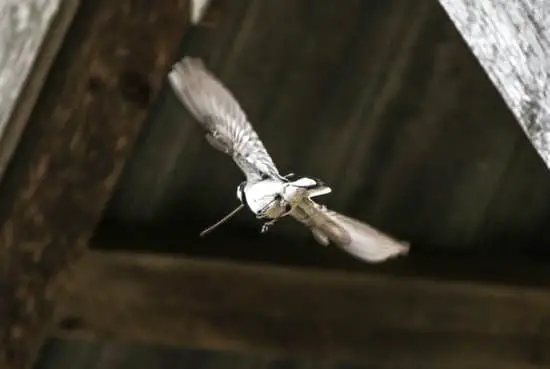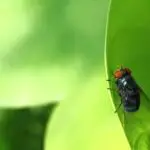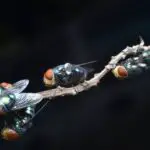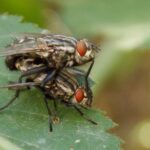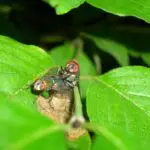Why Do Fire Flies Glow at Night?
The bioluminescence, or glowing of fire flies, is a natural phenomenon. The glow is produced by light cells found in the abdomen of the insects. The process involves oxygen and a chemical reaction. Fireflies emit light when they are in their larval stage or when they are nearing maturity. This glowing can serve as a warning to predators. Fireflies also produce defensive steroid called lucibufagins in their blood, which makes them less appealing as prey.
The purpose of the firefly light show is to attract a mate. Male fireflies turn their lights on and off very rapidly to attract females. The female responds to the flickering by becoming brighter. Moreover, the brighter the female response is, the more interested it is in the male.
The reason why fireflies glow at night is a chemical reaction. They produce light when a specific protein called luciferin is combined with calcium, ATP, and oxygen. This process is known as bioluminescence and is also found in plankton and some types of algae.
Fireflies are fascinating creatures. Not only do they create light, but they also have unique flash patterns. However, due to increased light pollution, fireflies are decreasing in numbers. This is largely due to loss of their habitat. Also, their numbers have been limited because they cannot migrate to new habitats. Therefore, people should try to reduce the amount of light in their homes. This will help protect the fireflies.
